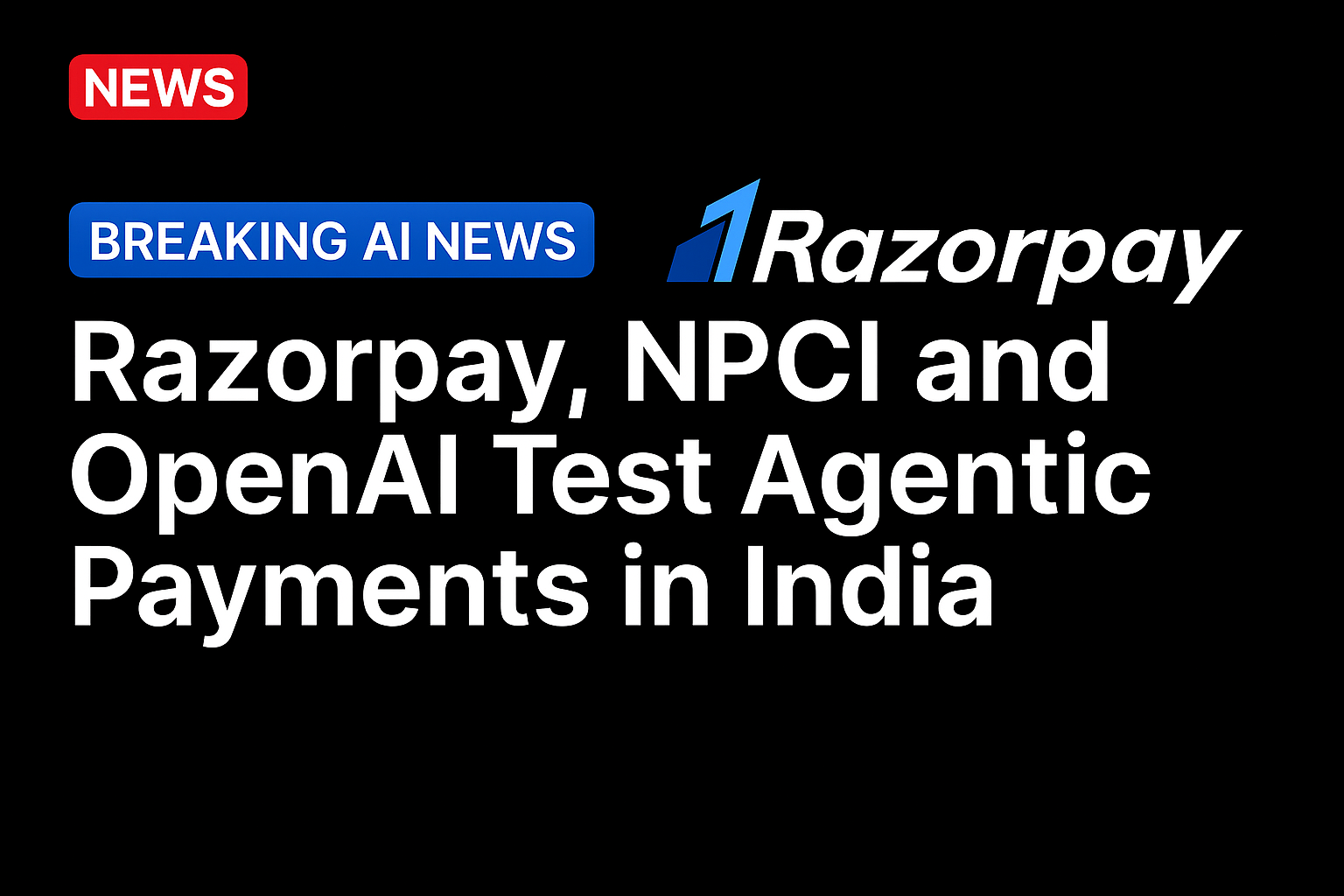Cervical cancer remains a significant health challenge worldwide, with its highest incidence in developing countries where healthcare access is limited. Despite the availability of preventive measures, the World Health Organization (WHO) underscores the urgency of scaling up screening efforts, aiming to screen 70% of women aged 35 to 45 by 2030. To achieve this, innovative and scalable solutions are crucial.
AI’s Role in Revolutionizing Screening
A recent review by researchers from the Chinese Academy of Medical Sciences, Peking Union Medical College, and the International Agency for Research on Cancer, published in Cancer Biology & Medicine, sheds light on artificial intelligence’s (AI) potential to transform cervical cancer screening methods.
1. Medical Image Recognition
AI, powered by advanced deep learning algorithms, now achieves human-like interpretation of medical images. This capability enhances the detection of abnormal cytology and neoplastic lesions with greater accuracy than traditional methods. By automating image segmentation and classification, AI ensures early and accurate diagnosis, even in resource-constrained settings.
2. Enhancing Colposcopy
Colposcopy, often reliant on subjective interpretation, benefits significantly from AI integration. AI brings objectivity and efficiency, reducing reliance on highly skilled professionals and improving diagnostic consistency.
3. Risk Prediction Models
Machine learning models use clinical data to predict the progression of high-risk HPV infections and cervical cancer. These models enable personalized screening, optimizing resource use by reducing unnecessary referrals and enhancing risk stratification.
Bridging Global Healthcare Gaps
The review emphasizes the importance of implementing AI-driven solutions in regions with limited healthcare resources. By automating key processes and improving diagnostic accuracy, AI holds the potential to bridge disparities in cervical cancer care. Its scalability and adaptability make it a promising tool for addressing the WHO’s 2030 target and reducing global mortality rates.
The integration of AI in cervical cancer screening represents a paradigm shift in women’s healthcare, offering hope for a future where early detection and prevention are accessible to all.





